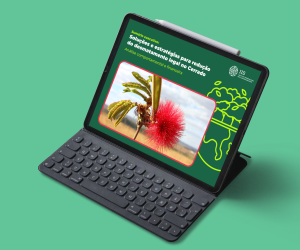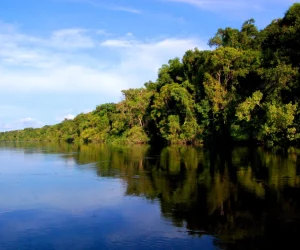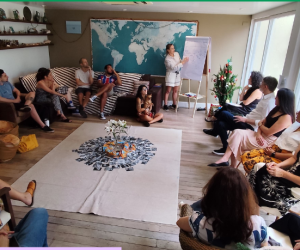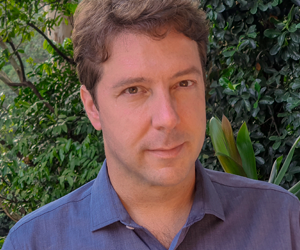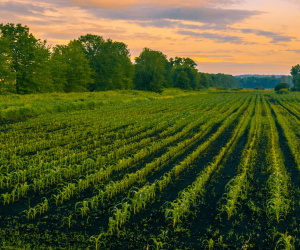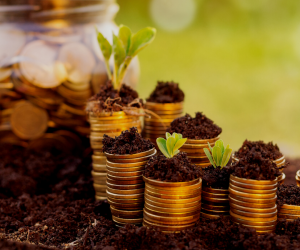News > News
20.12.23
After all, what is the Carbon Market and how does it work?
The carbon market is one of the hot topics to be debated at the upcoming COP28 in Dubai. Introducing the proposal for an inclusive market is essential for the land use and agriculture sectors to prepare for adaptation and mitigation actions related to greenhouse gas emissions.
But what is the carbon market, and how does it work?
The term refers to the trade of carbon credits between organizations or individuals. Those needing to offset their impacts due to greenhouse gas (GHG) emissions purchase credits from emission reduction or carbon capture projects, incentivizing their operations. In this scenario, 1 carbon credit equals 1 ton of captured or non-emitted CO₂. There are two markets:
Regulated Market vs. Voluntary Market
The regulated carbon market is governed by regional, national, or subnational governments, where the reduction or compensation of carbon emissions and the price per ton are legally determined. It is typically targeted at specific sectors and locations.
The voluntary market is where organizations buy and sell carbon credits because they voluntarily choose to reduce their impacts. The price is negotiated between the involved parties, which can be from different sectors.
What is its relationship with Brazil’s role in the climate crisis?
The urgent need to address the climate crisis has fueled the transaction of carbon credits. In 2022, this market moved nearly USD 1 trillion. Brazil is one of the countries seeking the benefits of its implementation, as it declared the goal of reducing 37% of GHG emissions by 2025 and achieving climate neutrality by 2050.
To achieve these goals, it is necessary to identify the role of subnational governments in stimulating the development of mechanisms and strategies to support carbon markets. Additionally, it is essential to encourage a public-private debate so that nature’s contributions to people are valued as an alternative income generation, strengthening the network of local actors in the implementation and execution of environmental actions.
International Institute for Sustainability (IIS) Engagement
To contribute to this discussion, the IIS and Salesforce have developed a study on the potential contributions of subnational governments to enabling small and medium-sized Brazilian rural producers’ access to the carbon credit market. The report will be launched at an event hosted by the coalition formed by IIS, Salesforce, Tropical Forest Alliance, and AYA Earth Partners on November 27, 2023, at 2:00 PM at AYA Hub in São Paulo. The event will feature selected leaders from the public sector, investors, and civil society organizations and will provide insights for discussions at COP 28.
The presentation will also be available online with simultaneous translation into English and Spanish.

